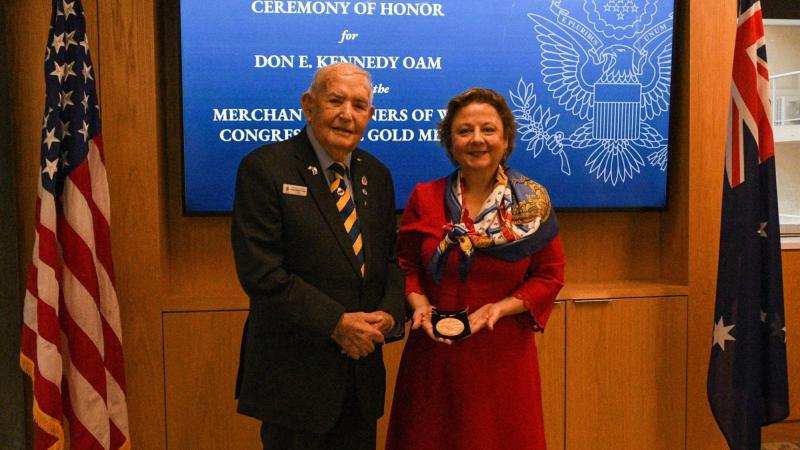
Zeroing in on genetics, the powerful mitochondria and links to heart and brain disease
The Institute has shared in national funding to drive innovative research including a major project to explore the role of genetics and mitochondrial dysfunction, and its impact on heart and brain health.
The NHMRC Ideas Grant funding, announced this week by the Minister for Health, Greg Hunt, aims to support creative research to address a wide range of health issues faced by Australians.
Associate Professor Brian Drew and his Molecular Metabolism and Ageing group have been focussed on the activity of mitochondria — the energy producing components of our cells — and their association with disease for some time.
Mitochondrial function is profoundly influenced by genetics, with pathogenic mutations in known mitochondrial genes often causing mitochondrial disease. Because mitochondria are critically important for energy production, their dysfunction usually impacts tissues with high energy demand such as the brain and heart, and therefore mitochondrial disease commonly precipitates conditions including neurodegeneration and heart failure.
Whilst known mutations in mitochondrial genes can drive heart failure and neurodegeneration, there are still many patients that develop these conditions without any identified genetic link to mitochondria.
An Ideas Grant of more than $1.17 million over four-years will now enable A/Prof Drew to advance understanding of the role of genetics in mitochondrial dysfunction in heart failure and neurodegeneration, which can lead to conditions such as Alzheimer’s disease.
A/Prof Drew says: We don’t yet fully understand this genetic influence, however, this study will explore if subtle, cumulative genetic (polygenic) differences may be liable, and use the findings to better detect and treat individuals at risk for developing heart failure and neurodegeneration”.
While Dr Guillaume Méric, a microbiologist and bioinformatician, will receive more than $540,000 for a three-year project aimed at understanding the asymptomatic carriage of pathogens and antimicrobial resistance in the human gut microbiota.
Dr Méric has long been fascinated by the complexity of our association with the microbes that live within us as part of our commensal microbiota, and how they are linked to health and development.
This new funding will help to address a critical issue where the rise of microbial antibiotic resistance and the lack of novel antibiotic treatments could soon be cancelling the effectiveness of current infectious disease therapies, with this work aiming to fill knowledge gaps and contribute to better infectious disease diagnostics and treatments.






